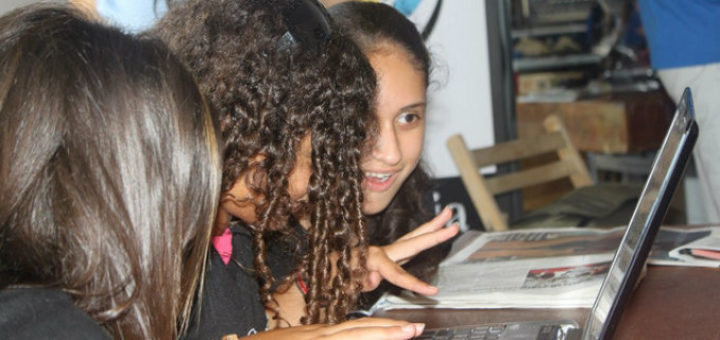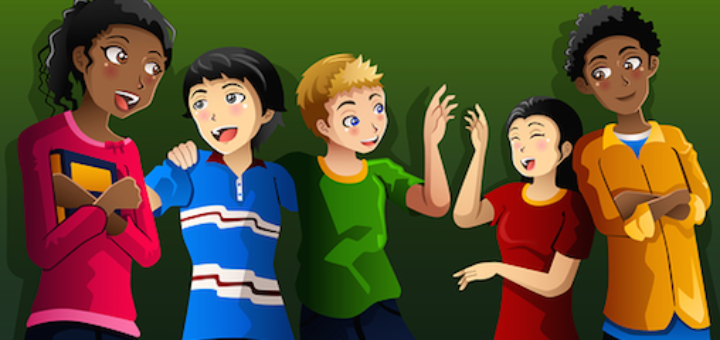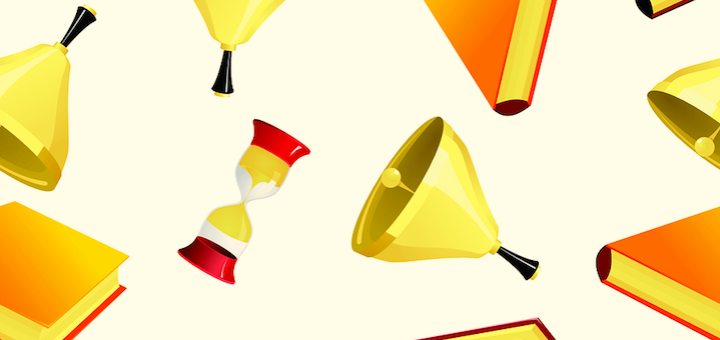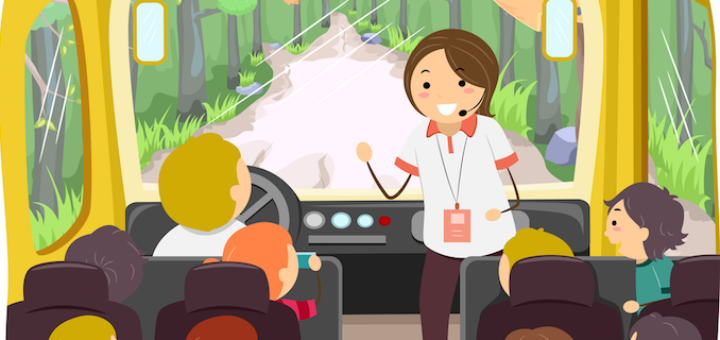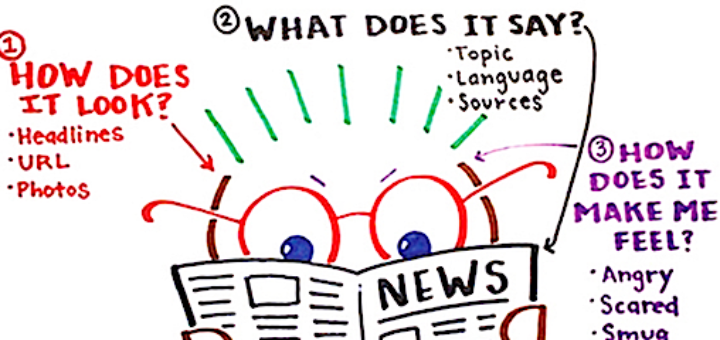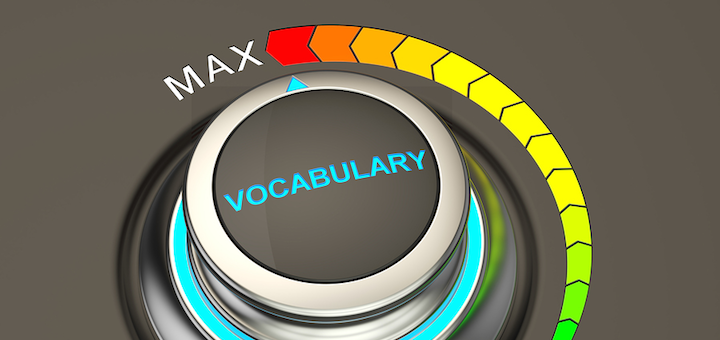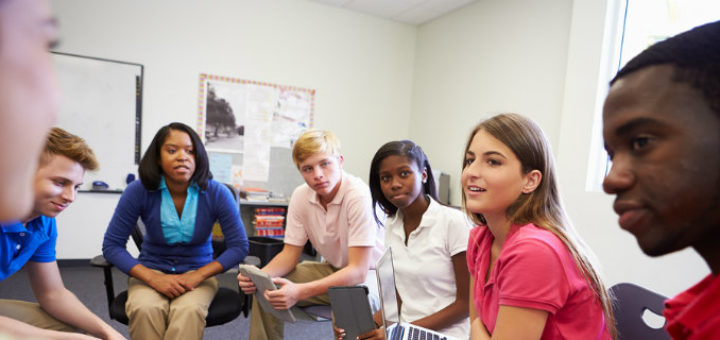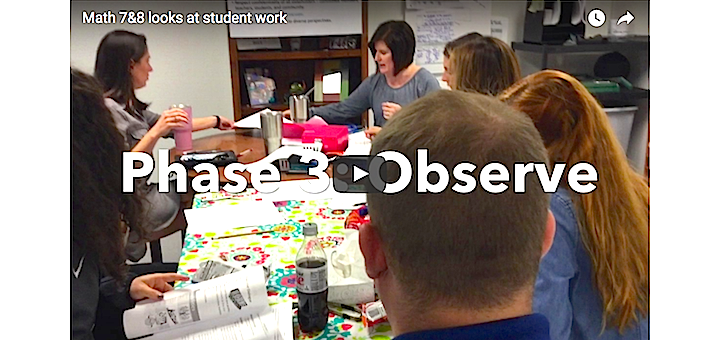Is Digital Literacy the Most Important Kid Skill?
To help students be ready for the challenges of their digital connections, infrequent workshops at school aren’t enough. Media educator and producer Diana Graber outlines what kids need to know and how to provide the curriculum to build competence and protect futures.

